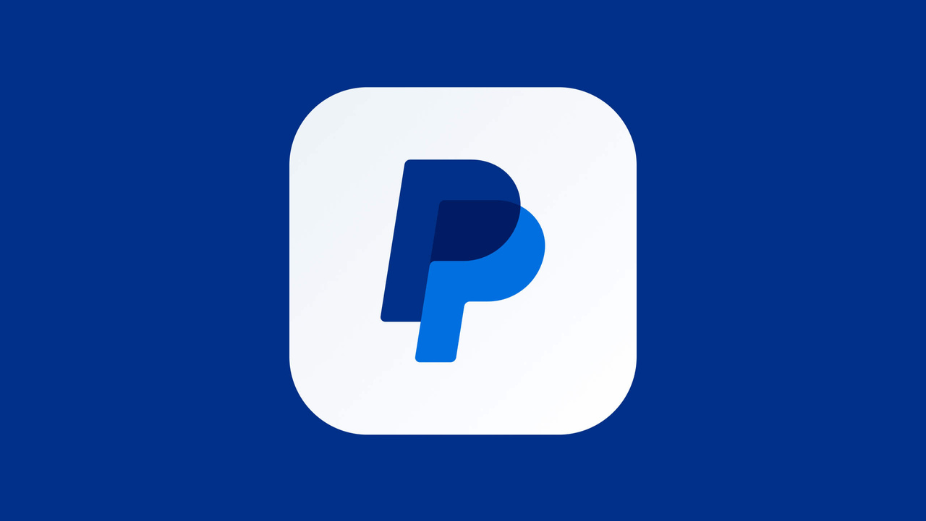
Last week, the Minister of Economic Development and Trade, Mohamed Saeed, announced that a formal proposal to introduce PayPal in the Maldives had been submitted to the global payment giant.
Speaking on the ‘Raajje Miadhu’ programme on state media, Minister Saeed confirmed that the comprehensive proposal had been sent to PayPal just three days prior to the broadcast. “We are hoping that very soon we can reach an agreement of some kind. I won’t say precisely when PayPal can be introduced in the Maldives. However, hopefully, we will be able to bring PayPal to Maldives,” Minister stated.
While the submission of the proposal marks a crucial step towards achieving this presidential pledge by President Dr Mohamed Muizzu, it remains to be seen whether the Maldives meets the rigorous requirements set by PayPal for operating in new markets.
The Road to PayPal: Challenges and Requirements
Introducing PayPal services in any country involves navigating a complex landscape of regulatory, financial, technological, and market-related conditions. It requires robust financial regulations that align with international standards, including stringent anti-money laundering (AML) laws and know-your-customer (KYC) protocols. Additionally, regulatory approval from the country’s central bank or financial authority is a prerequisite to ensure that the payment services can operate without major legal risks.
The Maldives has recently made modest improvements towards strengthening its digital payment ecosystem. For instance, the Bank of Maldives (BML) introduced foreign money transfer platforms and a digital wallet in March. These steps could potentially align with PayPal’s requirement for a well-developed banking infrastructure capable of integrating with local banks and financial institutions.
However, there are several additional considerations that must be addressed. PayPal requires efficient payment processing networks, secure online transaction protocols, and a high level of cybersecurity to protect against fraud and data breaches. The Maldives’ existing digital infrastructure, while growing, still faces challenges in these areas. It is essential for the country to ensure it has the necessary legal frameworks, such as data privacy laws and consumer protection regulations, which are critical to meeting PayPal’s operational standards.
Key Role of the United States and Stakeholder Engagement
Minister Saeed highlighted that the United States plays a crucial role in facilitating PayPal’s introduction to the Maldives. During a recent visit to Washington, Minister noted that assistance had been received from US officials to advance these discussions. Moreover, on 22nd August, Minister Saeed held a meeting with senior officials from PayPal, including the company’s Global Marketing President, to discuss potential resolutions to the challenges faced in introducing the payment service to the Maldivian market.
These high-level engagements demonstrate the Maldivian government’s commitment to achieving this goal. However, PayPal’s decision will likely hinge on a detailed assessment of the local market’s readiness and the overall feasibility of establishing operations in the Maldives.
Broader Digital Payment Landscape
The Maldives government is not only focused on bringing PayPal to the country but also has ambitions to introduce other global payment platforms such as Payoneer, Skrill, Stripe, and Neteller, as part of President Muizzu’s manifesto. The introduction of these platforms could potentially revolutionise the financial landscape of the Maldives, providing more options for e-commerce, freelancers, and businesses to engage in global transactions.
Nevertheless, just like PayPal, these platforms also require a robust regulatory environment, advanced digital infrastructure, and strategic partnerships with local banks. The government will need to continue its efforts to create a conducive environment for these platforms to operate, ensuring all necessary requirements are met.
The Verdict
While the proposal for PayPal has been formally submitted and there is a clear political will to make it happen, the question remains whether the Maldives has sufficiently met all the prerequisites necessary for PayPal’s entry. The recent measures taken by the Bank of Maldives to facilitate digital payments are small steps in the right direction. However, the introduction of PayPal will likely require more comprehensive developments in financial regulation, cybersecurity, and digital infrastructure.
As discussions with PayPal and other stakeholders continue, the Maldives must work diligently to bridge any gaps in its digital payment ecosystem. Only then can the country hope to see the realisation of its goal to introduce PayPal and other global payment systems, ultimately enabling smoother and more secure digital transactions for Maldivians on the international stage.












